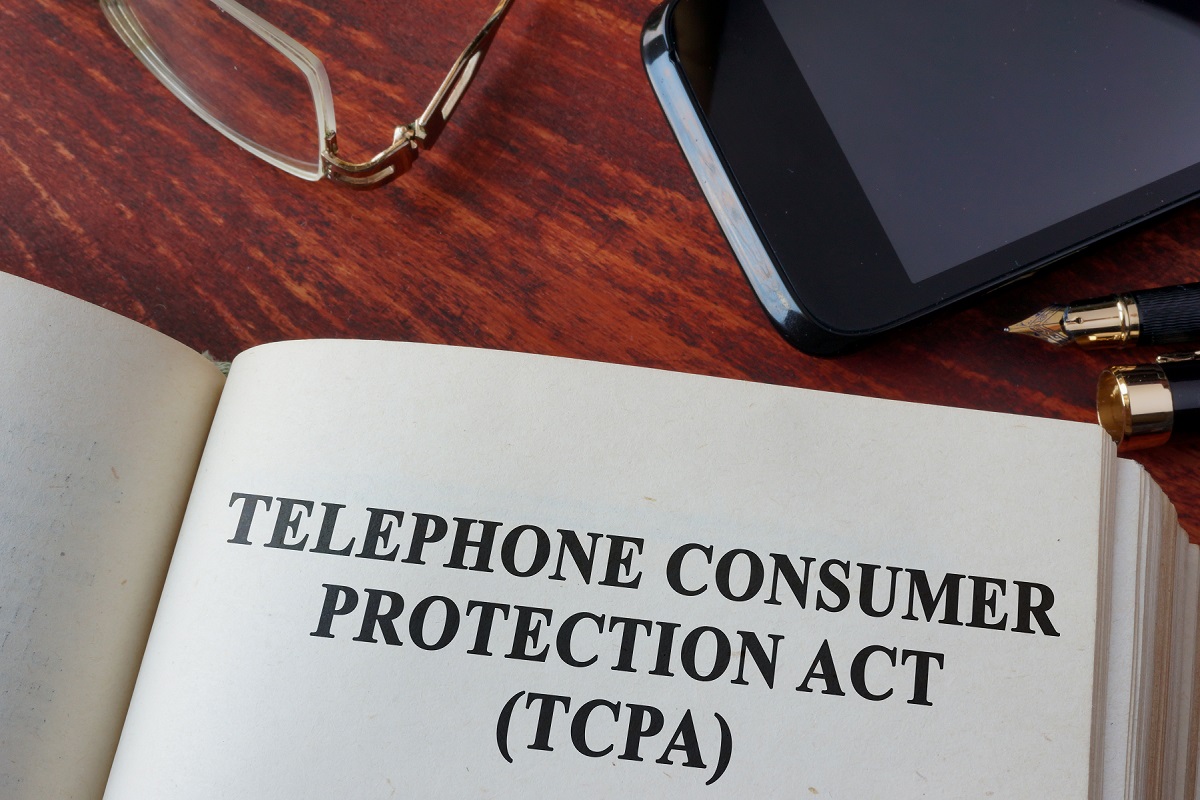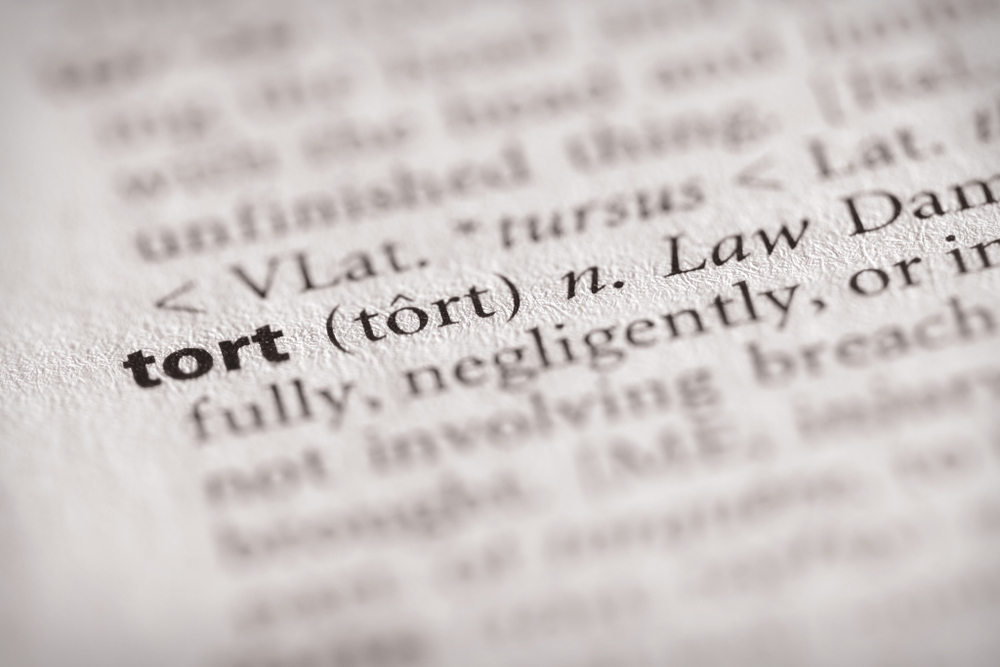The FCC Just Blew a Hole in the Side of the SS TCPA (Junk Fax) Class Action and It’s Taking on Sea Water

On December 9, 2019, The Federal Communications Commission (“FCC”) adopted and released an essential Declaratory Ruling DA 19-1247 in response to a petition brought by Amerifactors Financial Group, LLC, under CG Dockets No. 02-278, & No. 05-338. The Declaratory Ruling struck a major blow to attorneys attempting to certify classes of fax recipients under the Telephone Consumer Protection Act (“TCPA”), as amended by the Junk Fax Protection Act (“JFPA”). Among other things, the FCC clarified that, because online fax recipient services do not “transcribe text or images (or both) from an electronic signal received over a regular telephone line onto paper,” such services do not fit the statutory definition of “telephone facsimile machine” under the TCPA. See Declaratory Ruling at pp. 1 & 4 (emphasis added).
The FCC followed the express language of the TCPA and determined that:
a fax received by an online fax service as an electronic message is effectively an email. Under our precedent, faxes `sent as email over the Internet’ are not subject to the TCPA. Faxes sent to online fax services via an attachment that the consumer can delete without printing are effectively the same as `email sent over the Internet.’ Consumers can manage those messages the same way they manage email by blocking senders or deleting incoming messages without printing them. We also understand that an online fax service cannot itself print a fax—the user of an online fax service must connect his or her own equipment in order to do so. As such, an online fax service is plainly not `equipment which has the capacity . . . to transcribe text or images (or both) from an electronic signal received over a regular telephone line onto paper.’ Accordingly, under the plain terms of the Act, an online fax service is not a `telephone facsimile machine’ and a fax sent to one is not `an unsolicited facsimile advertisement’ prohibited by the TCPA.
See Declaratory Ruling at p. 4 (citations omitted). Importantly, the FCC also rejected the idea that a recipient of a fax to an online fax service would suffer “the specific harms to consumers Congress sought to address in the TCPA.” Id. (citation omitted). For example, a transmission to an online fax service does not “shift the costs of advertising to the recipient,” does not “occup[y] the recipient’s facsimile machine so that it is unavailable for legitimate business messages”, and gives the recipient “tools such as blocking capabilities to control these costs.” Id. (citations omitted).
“Specifically, [the FCC found] that the advertiser cost-shifting that Congress sought to prevent, such as the use of a recipient’s paper and ink, is not a factor with online fax services.” Id. Finally, although the petitioner made significant constitutional First Amendment challenges to the applicability of the TCPA, the FCC declined to address those arguments because it granted the petitioner’s relief on the issue of applicability. Id. p. 5.
This Declaratory Ruling will give fax senders significant arguments to defeat TCPA lawsuits and class certifications.
Among other things, the claims of a class representative trying to certify a TCPA class action may not be “typical of the claims of the… class” and the courts will find it difficult to determine that “the questions of law and fact common to the class members predominate over any questions affecting individual members, and that a class action is superior to other available methods for fairly and efficiently adjudicating the controversy.” See e.g. F.R.C.P. 23 (a)(3) and F.R.C.P. 23 (b)(3). The antiquated steamship is on its way down.
If you have any questions about this post or any related matters, please feel free to contact me at sakarg@norris-law.com or tweet me @NJProductsLaw.




